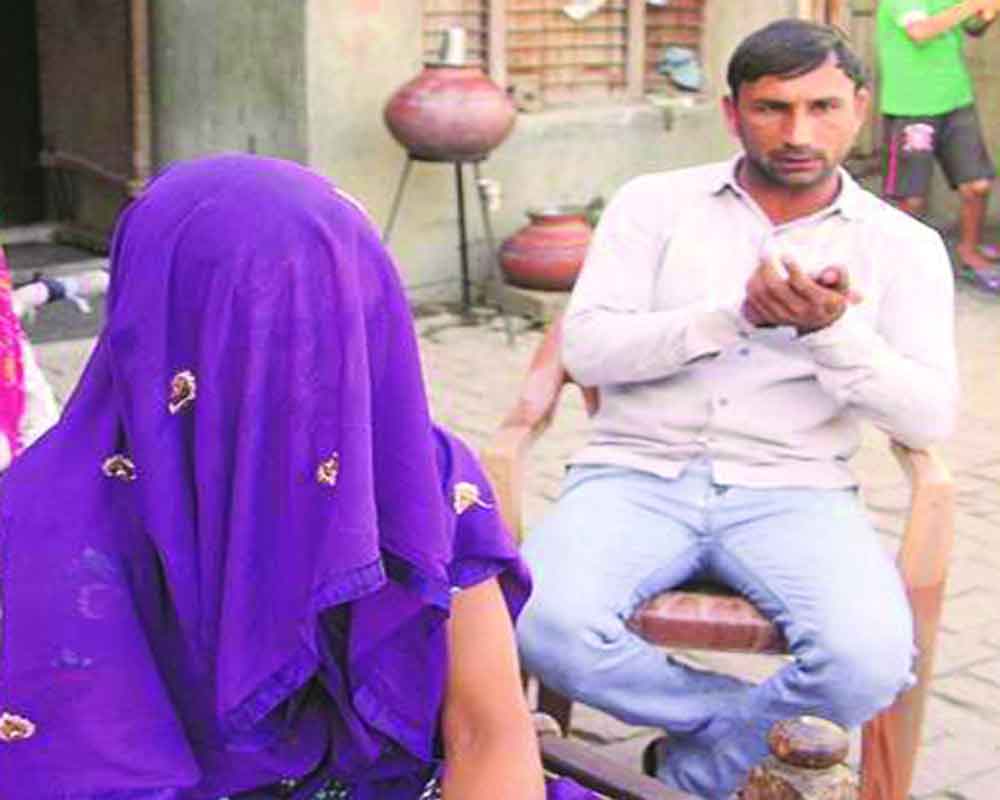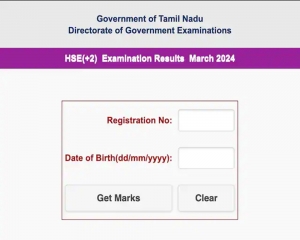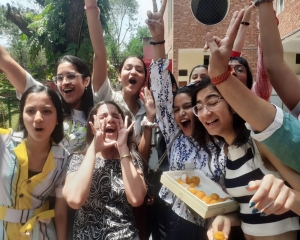The bottom line is: If you are not gender responsive, you are definitely gender oppressive
Simplistically, by virtue of the decree of Restitution of Conjugal Rights (RCR), a civil court has the power to compel a recalcitrant partner to cohabit with their spouse, without their consent. But this provision of the Hindu Marriage Act is more than just morally displeasing. It is a contradiction in terms of the strides India has made in its pursuit of gender justice.
Looking at the wording of the provision, I realise that the one thread that links this colonial-era law with the present is that gender remains a post-facto thought for our legislators and the State. Until we mainstream gender into the design of things, we cannot sufficiently rectify the current gender inequity.
The pro-RCR argument is that it is a legal remedy available to both aggrieved spouses and is in fact gender-neutral. Today, as we stand at the cusp of a new decade, it is imperative we emphasise that anything within the spectrum of gender justice must necessarily be gender-responsive. Time and again our courts have decreed that RCR is an obsolete provision of our personal laws that are violative of citizens’ fundamental rights.
The Justice K. S. Puttaswamy v. Union of India judgment delineates the right to engage in sexual intercourse as an intrinsic part of the right to privacy. As a result, we are equipped to deduce that privacy is inexplicably intertwined with the right to bodily integrity, self-determination and sexual autonomy. And yet a decree of RCR infringes on all the aforementioned rights. If our ideal of privacy is the benchmark of individual autonomy that recognises the ability of an individual to control vital aspects of her life, vesting such a power in the hands of the State is meaningless. It then follows that privacy is a privilege forbidden for women considering how often they are coerced to cohabit with abusive and toxic husbands. This raises enough need to abolish it completely.
The selective use of ‘discretion’ by the State (in drafting) and the courts
(in decreeing) an RCR, is in direct contrast to the voice and choice framework. The reason I say the State is adopting a “pick and choose” policy concerning the institution of marriage is with reference to section 375 of the Indian Penal Code that offers a blanket of impunity to husbands perpetuating marital rape. We must reacquaint ourselves with an imperative for the State to not defend patriarchy. Our right to life dwells on the right to live with dignity and liberty to choose for ourselves. But far more important than this jurisprudential thematic is the freedom to exercise this right in the face of forced co-habitation in a patrilocal setup. It is important we view marriage by placing it in the ecosystem of socio-cultural patriarchy that operates all around us, often nearly indistinguishable and invisible. What, if any, is the role of the State in a marriage between two consenting adults? The Indian constitution, as per Article 38, recognizes the Government as a welfare State to the best of any jurisprudential extent. With the State constitutionally empowered to limit itself as a democratic country with a socialist vision, the legislative shift we are asking for requires a paradigm shift in the current jurisprudential discourse.
Gender-responsive and gender-neutral are two parts of the spectrum of change. I have often made the argument for why patriarchy is not to be mistaken as an island notion floating into oblivion; it is in fact the oldest surviving institution in the world, and any rattling of this institution is bound to create friction. The bottom line is - if you are not gender-responsive, you are definitely gender oppressive. But we must realize that there is no questioning patriarchy till the time we challenge the very institution of marriage, one that is based on a patrilocal system. Culture, cleverly cited in resistance to the empowerment of women and conveniently tailored to rule a woman's life since eternity, lingers as that one brushed aside aspect in all dialogue concerning women. While we actively encourage discourse on gender mainstreaming, culture should be brought to the forefront of our conversation as a means to channel the advancement of gender equality. And with reference to this instance, we must understand that culture and personal laws are in abject contrast to a progressive discourse on gender-responsive laws. Let me conclude by quoting Indian economist Devaki Jain, “this is a conversation we must have with caution, as culture may clash with the universality in women’s human rights, a battle that is hard-won”.
(The writer is Deputy Country Representative, UN Women, India, Bhutan, Maldives, and Sri Lanka. The views expressed are personal)


























